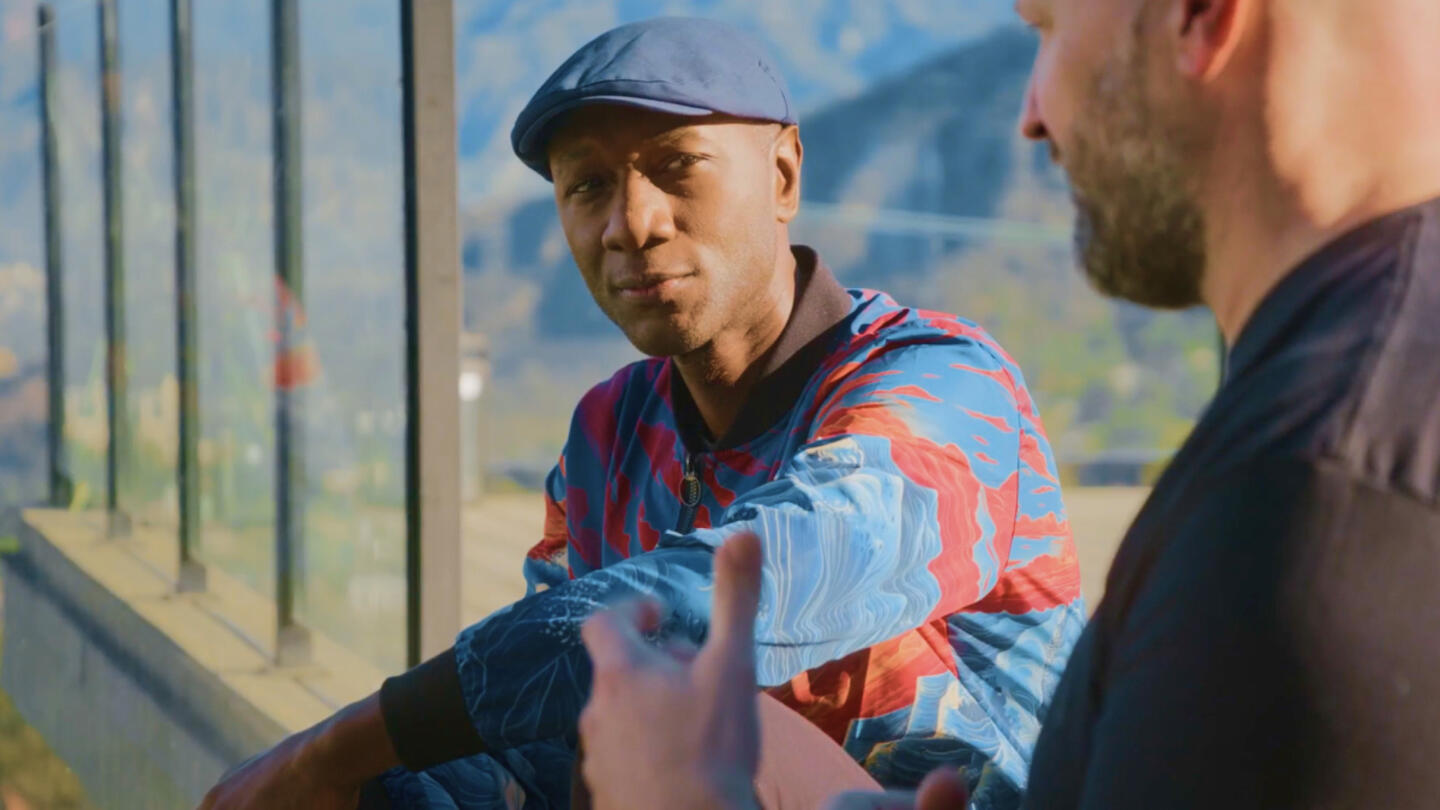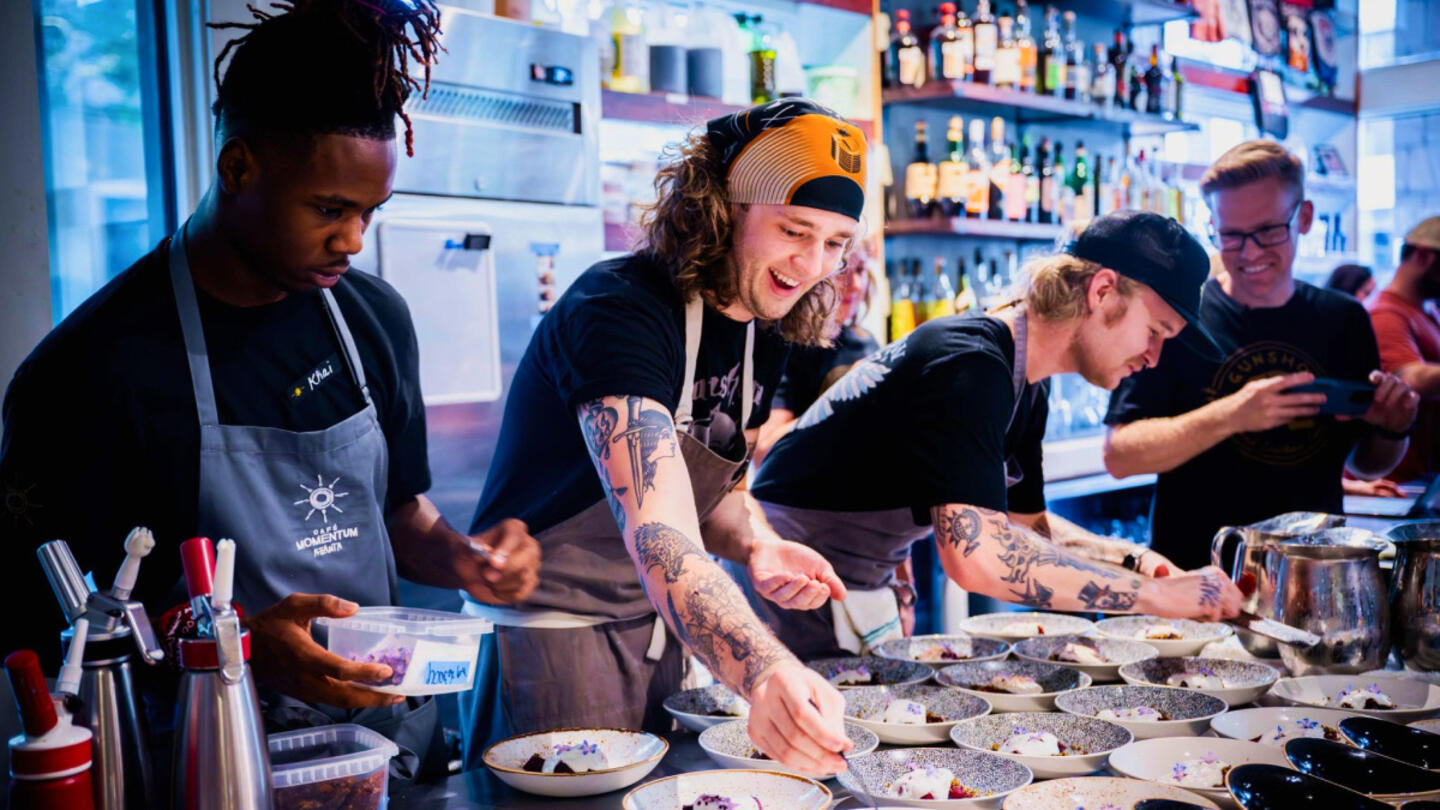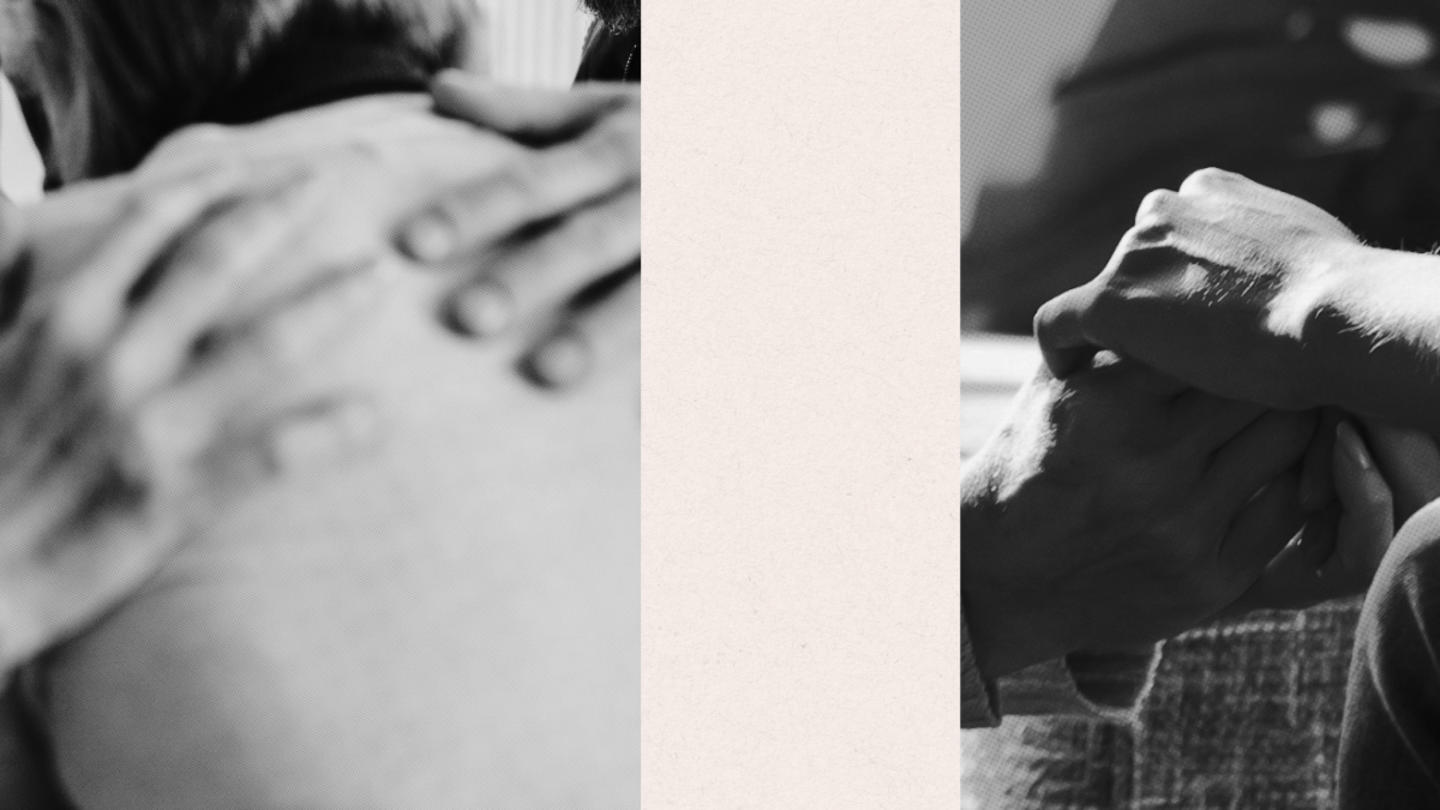What if addiction brought families together rather than drove them part? At Face It TOGETHER, that's not a hypothetical question. Families who have discovered the organization's addiction wellness model have found a compassionate, data-driven solution that works.
This was the experience of Kristen Goettsch and her son, Caleb. What started as experimentation with drugs in high school for Caleb quickly spiraled into opioid addiction. By 14, he was moving in and out of juvenile detention facilities, an experience Kristen struggled to understand and relate to. She felt helpless, while Caleb couldn't tell her what he needed.
"Our battle was very rough at the time," says Caleb. "She didn't understand what I was going through."
Eventually, Caleb left the state and cut off contact. Kristen embarked on her own journey, struggling to process her experiences and understand how to move forward in a positive way. She tried group programs but found them unhelpful. She felt alone, afraid and at a complete loss of what steps to take to help her son.
"Moments of grief and disappointment were frequent and debilitating. I was in extreme self-preservation mode. I withdrew from almost everyone around me," she said.
When Kristen stumbled on Face It TOGETHER, she felt seen for the first time. Working with a peer coach, she received education on addiction and built up a sense of empowerment, learning to manage her relationship with Caleb and his health team better. Most of all, she got to talk with another parent who understood exactly what she was going through. She didn't feel like she needed to hide her son's journey anymore.
By the time Caleb overdosed and Kristen went to the ER with him, she was no longer helpless. She was able to advocate for her son in a new way, identifying his past issues and asking for the interventions and treatment she knew suited him best.
"I was scared," Kristen recalls. "I mean, my son's dying literally in front of my eyes, you know? But … I have people that could help me and talk me through it. Face It TOGETHER let me know it was okay to love him and want to take care of him, but to protect myself [too]."
Face It TOGETHER helped both Kristen and Caleb learn how to communicate with empathy and empowered them to support each other. Kindness, education and shared experiences are at the heart of what Face It TOGETHER offers families.
At Face It TOGETHER, honest discussions are key
Kristen felt shamed and judged at other addiction support groups she had tried. At Face It TOGETHER, not only was her experience validated, but she was also given the tools to move forward on her own terms.
"My coach gave me tips and tricks on how to communicate with my son, to set up my own boundaries and actually enforce them," she describes. She learned that her instinct to set up boundaries wasn't unusual for a mother in her situation, "because he was always gonna railroad right over them, because that's part of addiction."
Face It TOGETHER values these open and honest conversations and offers long-term, dual coaching for both people dealing with addiction and their loved ones.
It is devastating to watch a loved one struggle with addiction. And without the right tools and resources, it can feel impossible to help them get well. But Face It TOGETHER offers just that: effective, scientific resources in a healing environment.
Unlike other addiction support services, Face It TOGETHER doesn't measure wellbeing through sobriety alone. The nonprofit believes overall wellbeing is the key to a lasting change. And people who go through this program are, indeed, doing better. They track and gauge members' personal, social, and cultural capital, particularly the quality of their relationships with family and peers, over time.
Of 245 individuals analyzed while moving through Face It TOGETHER's programs, 76% of those coming into the program felt their family support systems were lacking. After at least 30 days of peer coaching, 52% of them reported feeling a great improvement in family support.
Peer coaching also resulted in measured improvements to open communication (53%), emotional support (51%), impact on positive decisions (39%), attempts to help (32%), and decision-making help (29%). Additionally, this resulted in improvements in stress levels (45%) and locating a source of comfort (34%).
Sign up for the Strong & Safe Communities newsletter for stories, ideas, and advice from changemakers working with their neighbors to address the biggest problems we face.
Family coaching for addiction is a game changer
Face It TOGETHER focuses on productive action, empowering and educating family members to make them part of the recovery process. Addiction support services are more effective when they extend to the people surrounding the person in recovery as well, fostering a community of acceptance, encouragement and self-actualization.
"The schools weren't prepared to educate me, the legal system sure as heck was not prepared to educate me," Kristen says. "If anything, every one of those systems beat me down along the way and told me to walk away, told me that I was a horrible mom, told me it was my fault. Face It TOGETHER was really the first place that I ever had somebody tell me, 'No, this is normal.'"
Alongside his peer coach, Caleb was able to access other treatment methods and therapy that worked best for him, including medication. There is no specific recovery program that Face It TOGETHER follows. Sobriety isn't required, and no coaching program is one-size-fits-all.
"Face It TOGETHER saved my son's life," Kristen says.
The goal of peer addiction coaching is about a better life
Today, Kristen works for Face It TOGETHER as the organization's Senior Evaluation Scientist, using her lived experience and professional expertise to inform and drive efforts to expand its impact.
Face It TOGETHER support – for those with addiction as well as loved ones – is available virtually nationwide. In-person coaching is available in South Dakota and Colorado. The organization hopes to expand its national presence and will continue to publish research on the benefits of involving families in the addiction recovery process.
Caleb is now sober. He is living on his own in Colorado, where he has found a community of friends and colleagues, as well as a new passion: thru-hiking. His "big plan this year" is to hike 400 miles north along the Continental Divide Trail from the Tennessee Pass in Colorado to Wyoming.
"Less than five years ago, I was sitting in a hospital bed hooked up to IV poles because I had overdosed and had several seizures," he recalls. "I am no longer addicted to any substance whatsoever. I'm just absolutely living my life to the fullest."
Kristen has also come a long way in her wellness as a loved one. Addiction used to control her life. Her days were full of worry and stress, and her nights were spent on a mattress outside Caleb's bedroom to try to keep him from sneaking out. The cycle was devastating to her mental, physical and spiritual health.
"Even thinking about those years is incredibly difficult; it's hard to relive that pain and fear. So many people suffer in silence just like I did," she said. "Today I garner my strength from my higher power and the people around me who are there to lovingly support us both. If you or a loved one is still struggling, know that you're not alone and there are resources that can help."
***
Face It TOGETHER is supported by Stand Together Foundation, which partners with more than 300 of the most transformative nonprofits in communities across the country.
Learn more about Stand Together’s efforts to build strong and safe communities and explore ways you can partner with us.

The Grammy-nominated artist is highlighting the stories we don’t get to hear every day.

With his latest project, Blacc isn’t just amplifying stories — he’s stepping into them

A new Atlanta restaurant offers opportunities for youth and powerful lessons for community leaders.

These parents showed up for their kids. Then, they started showing up for each other.
